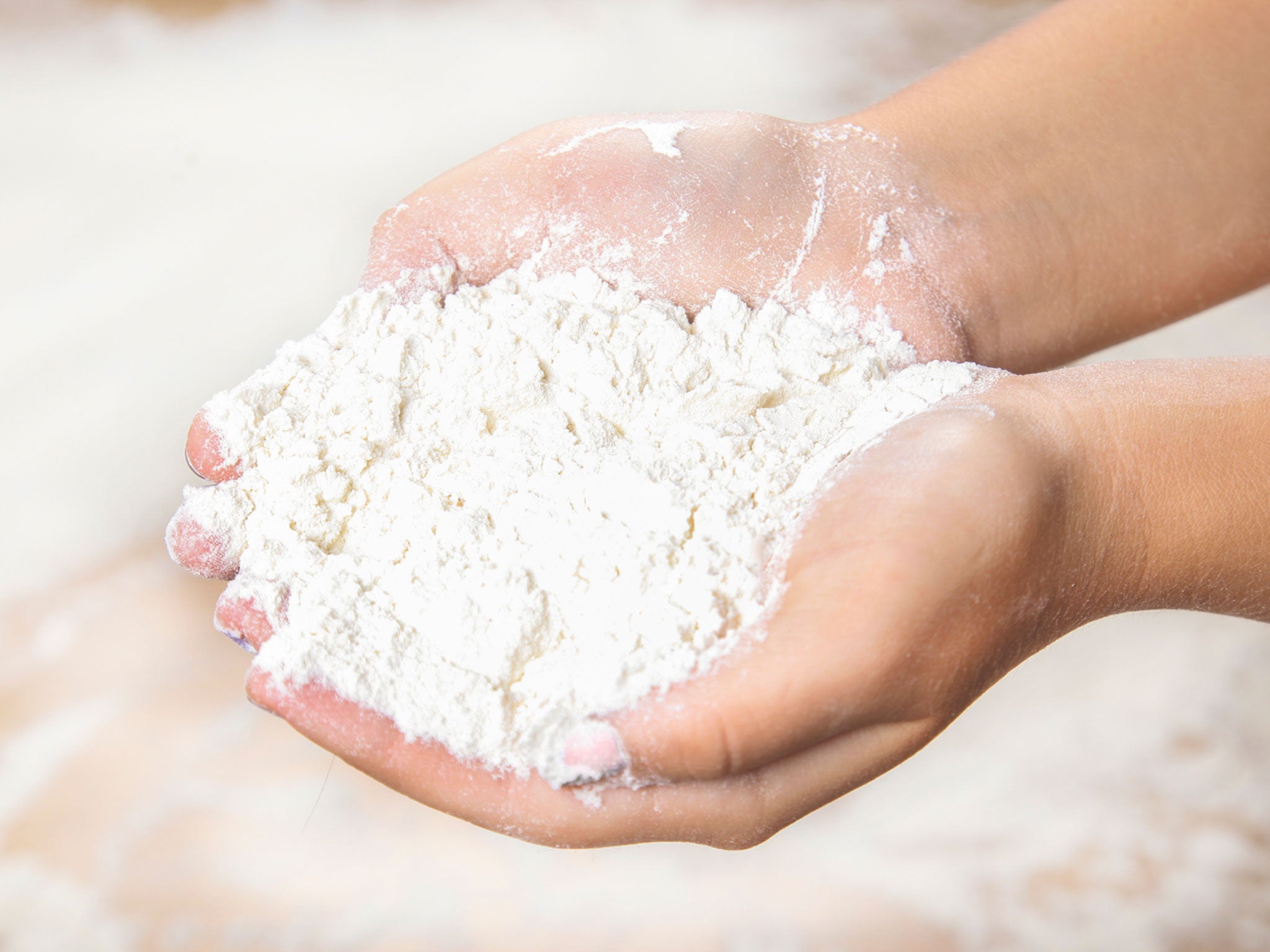A woman died from cancer after using talc 'intimately'. Why are our natural bodies still seen as in need of fixing?
The spatulas, the mallets, the swabs, the speculums. The waxing strips, the bleaching. The dangerous chemicals dangerously close to our most delicate areas. Why do we allow it to be seen as necessary?

‘It takes some effort to look like this!’ Dolly Parton tells Daryl Hannah in Steel Magnolias, referring to her impressive figure, her flawless makeup and her voluminous hair. And indeed it can be an exhausting effort to look like a woman.
We spend a fortune in money and time on it. We cut our legs shaving, we poke ourselves in the eye with our mascara wand, we endure the shame of lipstick on our teeth (seriously, Pret, your baristas know me by name but aren’t familiar enough to warn me of this first thing?)
But relax, hey, it’s just part of being a woman! It’s just what’s required to be acceptable in public! It’s not like it’s killing us!
But what about the maintenance we have to do to preserve less-than-public areas? The work we do to make them free from the negative judgment of men who act, instead of like they’ve been presented with unfettered access to the oracle of life and source of infinite pleasure, like they’ve been presented with a less than savoury entrée they want to send back?
The spatulas, the mallets, the swabs, the speculums. The waxing strips, the bleaching (oh God, the bleaching). The horribly infantilised overpriced ‘intimate wash’. The dangerous chemicals dangerously close to our most delicate areas. Now THAT could kill us.
News can’t have escaped you of the current Johnson & Johnson lawsuit regarding the death of Jackie Fox, a woman who died of ovarian cancer whose condition was, her family claimed, linked to her use of the company’s Baby Powder and other talc-related products for ‘feminine hygiene’ for most of her adult life. My mind boggled at this story, until I remembered that mothers use this talc on their infant children, and then it boggled again when I contemplated that this woman - and countless others - have been carrying on this practice into adulthood.
Now, there are practical reasons for the use of talc in this manner, I’m sure; talc is popular in gym changing rooms to stop running shoes rubbing as it is a useful moisture absorbent. But read that back: useful moisture absorbent.
Women apparently trying to interfere with an entirely natural and helpful process their body – specifically their vagina - goes through to keep them in full working order, just to be socially acceptable. Because it’s fine to be grossed out by vaginas, but it’s not fine to own one in its natural state.
The word ‘moist’ has infamous popularity, found regularly on lists of ‘most hated words’. A definition of ‘moist’ on UrbanDictionary even states: ‘ill-informed… something idiotic or embarrassing’. The message is clear: moist is not a good thing for anything to be.
Ironically, however, beauty companies make a bloody fortune shucking moisturisers to women and men the world over, while simultaneously their other products are apparently being used to eradicate the actual side effect of something being well-moisturised.
The disgust around natural bodily functions, particularly those of women, has GOT TO STOP. It is killing everything from sexual enthusiasm, to hard-fought security in your own body (thanks, every boyfriend who ever expressed distaste at the natural workings of his loved one’s genitals), to self-esteem, to actual women.
Our sterilised, pornified society has to take some of the blame here too - for making this woman and countless others like her revert to childhood ways just to be seen as appealing in her normal female body. That’s a crime in itself.
Join our commenting forum
Join thought-provoking conversations, follow other Independent readers and see their replies
Comments
Bookmark popover
Removed from bookmarks